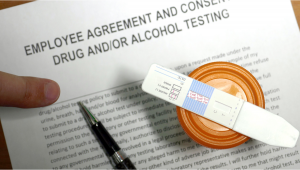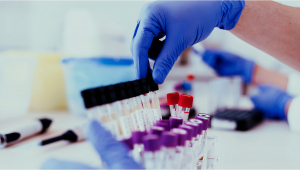Many US Companies to Stop Screening New Hires for Cannabis Use

With its recent decision to stop testing new employees for the presence of cannabis metabolites in their system, Amazon has set a trend that corporate America is very likely to follow.
Today, almost two-thirds of Americans live in states where cannabis has been legalized at least for medical purposes. And it’s becoming increasingly difficult for businesses to enforce the outdated workplace drug testing policies.
Testing Workers for a Legal Substance is Discriminatory
As Justin Strekal, NORML’s political director, pointed out, the continued practice of testing employees for a substance that is no longer illegal in many jurisdictions is a form of discrimination. NORML is one of the oldest organizations in the U.S. advocating for reform, and it often does so from the standpoint of civil rights.
The testing is justified if the employee in question operates an automobile or other heavy machinery, but situations like this are regulated by the Department of Transportation. Or there may be a workplace accident and a suspicion of impairment. But otherwise, cannabis testing for employees or during the recruitment process shouldn’t be mandatory. If a state allows the medical or recreational use of the substance, employees shouldn’t be arbitrarily discriminated against.

Is There Really a Link Between Cannabis Use and Work Performance?
General Motors is among those businesses that discuss the issue of abandoning drug tests but have so far refused to comment on the situation. However, John Birmingham, an attorney representing automobile companies, said he expected GM to adopt the new policy.
It’s becoming increasingly difficult for car manufacturers to find workers for the assembly lines. And the problem had been made worse by the work shortage due to the coronavirus pandemic. While most companies’ CEOs would prefer their working teams to be 100% ‘clean’, they can't help but wonder whether it really matters what people do off the job.
Drug tests can trace the presence of cannabis metabolites in the system for up to 30 days after use while the impairment doesn’t last more than a few hours. Thus, a positive test for marijuana doesn’t mean the person is under its influence. In most cases when employers file a lawsuit against a company, they contest the accuracy of the test.
Changing their stance on pre-employment testing seems like a sensible and timely policy for businesses and the right thing to do both for pragmatic reasons and from the standpoint of civil rights.











Comments